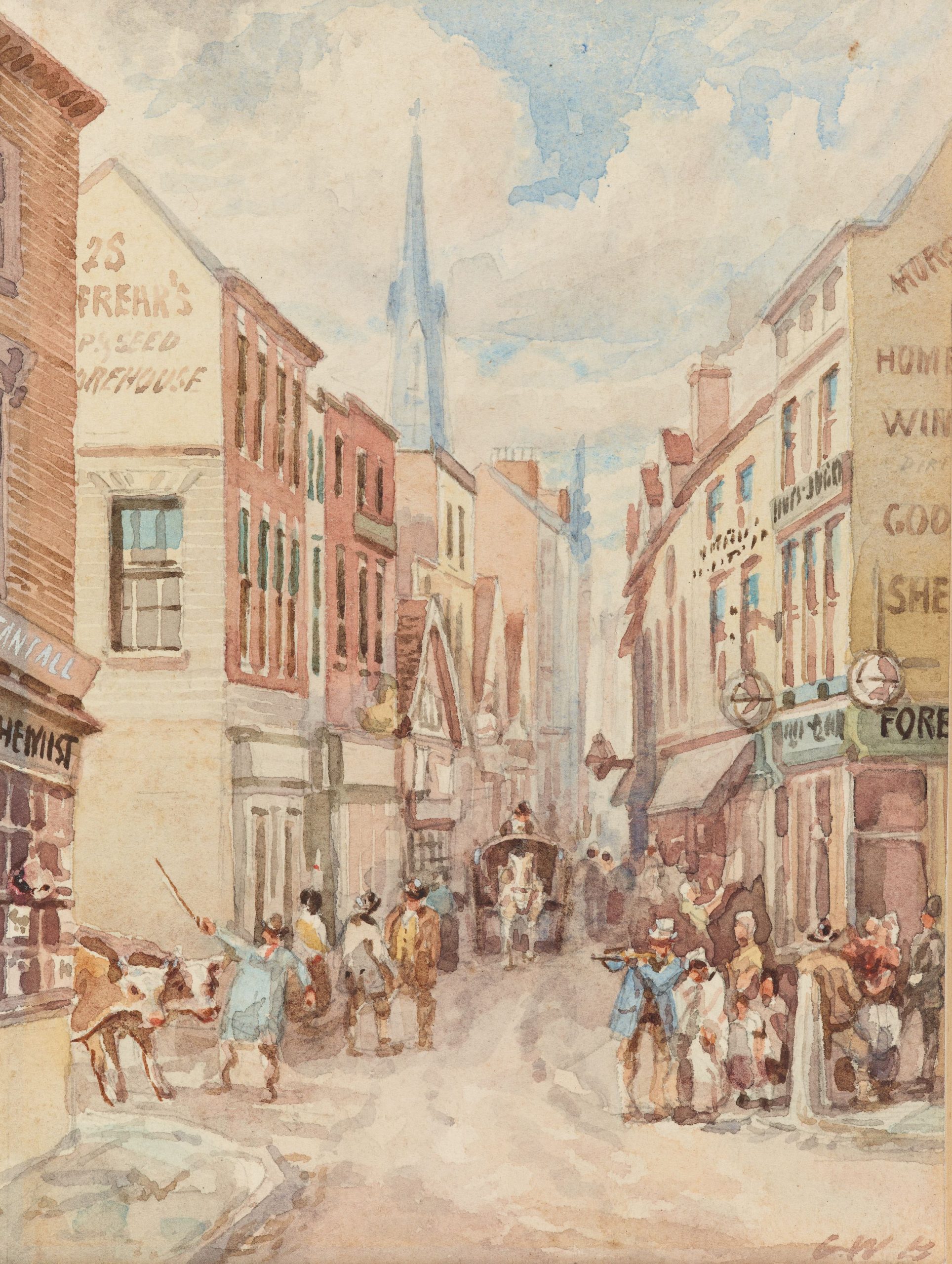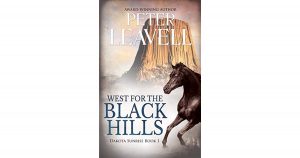by Peter Leavell, @PeterLeavell
My history professor was agog that fact checkers looked over my manuscript before it was published.

His arms flailed about in frustration as he spoke. “It’s fiction. You’re making it all up. Why do you need fact checkers?” Rather than push him out the second story window, which would be unkind, I explained the three kinds of historical fiction writers.
The Flavor Writer
This historical fiction writer wants the flavor of the past without being burdened by accuracy. In other words, this writer drives up to the fast food window and says, “I’ll take the swords, armor, countries, political structures, generalized living conditions, but leave out the historical facts. And a small diet Coke to go, please.”
Reveling in the past without historical accuracy is a lovely part of escapism. We all go there. Don’t dis it. This kind of writing allows the author and reader to join together in fantastical imaginary places yet remain somewhat grounded in the human condition.

The Fact Writer
This historical fiction writer must hold to the facts, and if there is no evidence the event happened, the scene is cut short. There’s no adaption. Perhaps some imagination, but it’s accurate imagination, as if the writer has taken a trip in a time machine and recorded events as they occurred. Sometimes, they take a sword to other historical fictions that simply don’t measure up. If they find a factual mistake in their own work, they will actually fall on their own sword. They take history more seriously than a professor. They take history more seriously than the person who lived it.
The Mixed-Up Writer
The imagination is used to explain why things happened the way they did. This writer mixes fact and fiction. The work acts as its own chronicle of the past, as if a camera is looking around sets and props and people reading diaries. This writer pours into a cup the diaries, conjectures, reports, guesswork, and mixes the concoction. The drink is offered to the public and hopefully gulped up. If the reader likes the drink, they will buy another. And another.
Philip Anderson keeps his past close to the vest. Haunted by the murder of his parents as they traveled West in their covered wagon, his many unanswered questions about that night still torment him.
His only desire is to live quietly on his homestead and raise horses. He meets Anna, a beautiful young woman with secrets of her own. Falling in love was not part of his plan. Can Philip tell her how he feels before it’s too late?
With Anna a pawn in the corrupt schemes brewing in the nearby Dakota town, Philip is forced to become a reluctant gunslinger. Will Philip’s uncannily trained horses and unsurpassed sharpshooting skills help him free Anna and find out what really happened to his family in the wilderness?

Peter Leavell, a 2007/2020 graduate of Boise State University with a degree in history and a MA in English Literature, was the 2011 winner of Christian Writers Guild’s Operation First Novel contest, and 2013 Christian Retailing’s Best award for First-Time Author, along with multiple other awards. An author, blogger, teacher, ghostwriter, jogger, biker, husband and father, Peter and his family live in Boise, Idaho. Learn more about Peter’s books, research, and family adventures at www.peterleavell.com

Comments 1
Great post, Peter. I’m a fact writer with scenes built in from my imagination, but around historical facts. The research is daunting. I’m trying to find the right balance between fact and fiction.